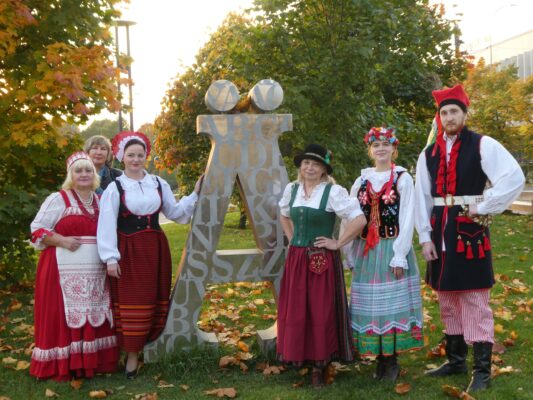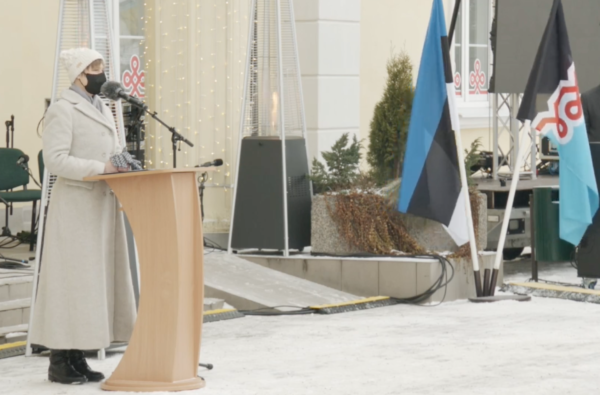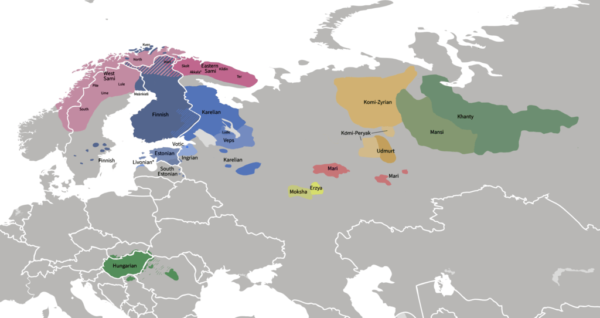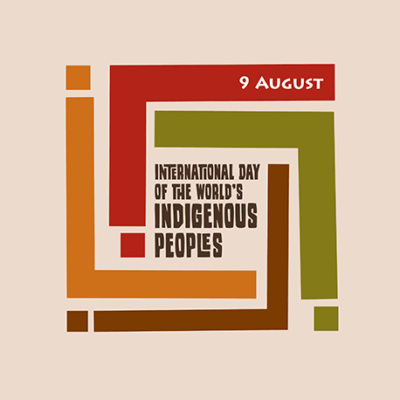Artyom Malykh: “Decline of standardized literary Uralic languages will coexist with the promotion of dialects as standardized languages”
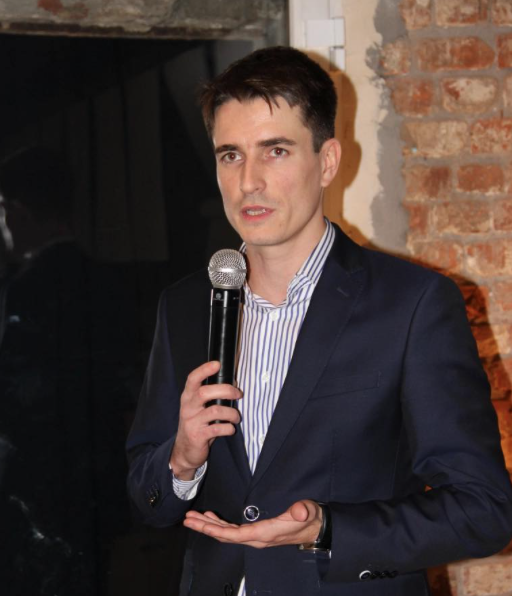
On 21 October, Artyom Malykh, well-known Udmurt activist and founder of Uralistica social network, gave a talk on Uralic peoples of Russia at Sugrifest, a festival devoted to the Days of kindred Finno-Ugric peoples organized by the Finland-Russia Association (Suomi-Venäjä Seura).
Artyom gave an overview of the Uralic peoples and their state of affairs in different domains from political representation and their language preservation. He grouped all Uralic peoples of Russia into 3 clusters.
The first one is a group formed by peoples of Finnic origin living on the North-West of Russia. They are at the edge of extinction and their languages are almost lost – except for Karelians, who have their autonomy, other ethnic groups have neither autonomies nor political representation on their native lands.
The second group consists of the peoples of Volga-Ural macroregion. They do have their own republics, have some institutions and still have quite a big amount of people identifying themselves as Moksha or Mari or Komi. The challenge these peoples face are weak institutions and the struggle to maintain their republics as distinct political entities.
The last group consists of Samoyed, Ob-Ugric peoples and a distinct Komi group. They live predominantly in the Arctic areas and partially preserved their traditional lifestyle and traditional occupations. The key challenges they are facing now is the loss of their ancestral land due to the expansion of gas and oil extraction and the forthcoming climate change. They are also losing their languages rapidly and in fact do not have any elements of urban culture, nor do they have any considerable political representation.
Most Uralic speaking ethnic groups of Russian Federation are in critical condition and do not reproduce themselves in terms of quantity and level of language transmission.
Thus, Karelians lost 35% of its quantity in 8 years between state censuses, Komi and Komi-Permyaks decreased their quantity up to 22% and 25% respectively. This means that the amount of Karelian and Komi people is shrinking and in next years decrease will inevitably continue. Current trends within Russian Federation, such as discouragement of the diversity and hyper centralization even worsen the situation and do not facilitate the preservation of the minority identities and languages.
Malykh also pointed out some new trends to follow. Finno-Ugric peoples of Russia will continue to migrate to bigger cities and regional capitals far away from their home and it is interesting to observe whether they will be able to establish the infrastructure to keep their languages and culture in diaspora. Then, a rising number of mixed marriages with Europeans will open up an interesting case to follow: how the European mindset of the bilingual children raised in these families will interact with the environment of Uralic mothers. The last trend he suggested to follow was language proliferation. He predicted that the number of language varieties will multiply: decline of the standardized literary languages will coexist with the attempts to promote dialects as a standardized languages and amid this language shift few groups will be trying to create new terms and develop their languages without having any institutional support. There will be the epoch of digital illiteracy regarding minority languages.

